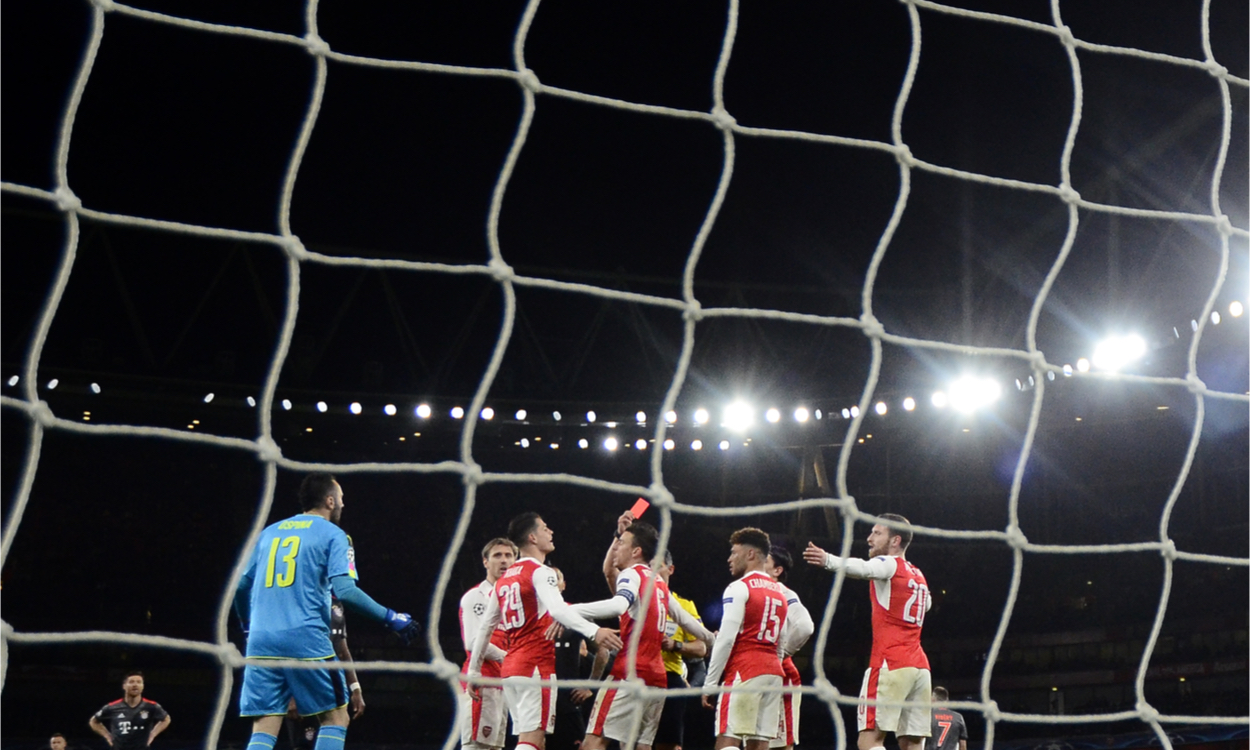Football is constantly changing. New managers are hired, players re-sign contracts and tactics evolve season by season. An aspect of the game that doesn’t normally change substantially however is the laws of the game. As Dua Lipa once said: “I’ve got new rules, I count em”. This is certainly the case right now as IFAB (International Football Association Board) revealed some of the new legislation coming into the game for the 2019/20 season.
The newly proposed laws alter the way the game is played, with some reducing the effectiveness of certain methods and tactics. Whether you believe this is a good thing or not, I think it’s fair to say that one rule change is all it takes to spark debate. No matter what laws are introduced or adapted, they will always divide opinion. In many ways, the IFAB can’t win, but what exactly have they changed?
Firstly, accidental handball goals won’t stand. This rule is fairly self-explanatory and somewhat should help reduce controversial moments in front of goal. If the ball hits the hand of an attacking player and the ball goes in, whether it is deliberate or not, it will be disallowed. Reading the rule back initially, I thought this was the case anyway but there are the possibilities of handball goals counting. Take Sergio Aguero’s goal against Arsenal in early February for example, where the Argentinian completed his hat-trick via a handball in the six yard box. Next year that type of goal will correctly not stand and whilst it will be introduced at the same time as VAR, the two should work well in conjunction to completely eliminate handball goals.
The second rule being introduced addresses substitutions and the player being subbed off. From June 1st players leaving the field of play during a substitution can leave the pitch wherever. This means they will no longer be required to run over by the fourth official and can leave the pitch at the nearest place to them. If you’re a team in a winning position at the end of the game and your manager sends the player coming off to the far side to waste time, it is not ideal but practice makes perfect. If you’re a team that’s a goal down in the final moments, then the rule will be most welcomed. It’s a very contextual addition to the game, but one that should eliminate time-wasting providing it is properly enforced by the referees.
Free kicks are the main topic of the third rule, where attacking/opposing players are not allowed in the wall with the defending team. I think from a defensive perspective this addition is pretty fair as attacking players have been known in the past to use this to their advantage and cause a distraction. Most recently, Alexandre Lacazette’s free-kick against Bournemouth a couple weeks back is the perfect example of this but by no means are Arsenal one of the only teams to do it – in fact most teams do. Similarly to the substitution rule, it’s very contextual. If your team has a free kick ruled out because of wall interference, then you’re going to be a bit pissed off. If your team is defending a free-kick, understandably you need all the help you can get. No doubt there will still be controversy though.
Finally, coaches/managers on the touchline will now be legible to receive yellow and red cards, just like the 22 players out on the pitch. At the moment managers usually receive a talking to, and if applicable, sent to the stands if required. I’m not sure how giving a yellow card to Klopp will stop him celebrating on the pitch again or stop Sarri from walking out of his technical box but I like the idea. It keeps managers and players on the same disciplinary level, but it just depends how easily they hand them out. Who knows what fun Mike Dean can have with his new power!

